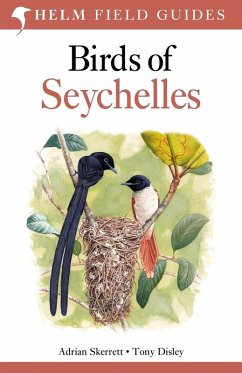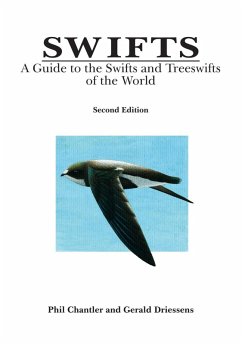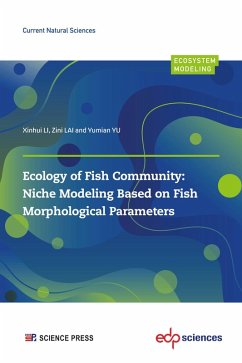
What, if anything, are species? (eBook, PDF)
Versandkostenfrei!
Sofort per Download lieferbar
0,00 €
inkl. MwSt.
Weitere Ausgaben:

PAYBACK Punkte
0 °P sammeln!
This book is an extended argument for abandoning the species rank. Instead, the author proposes that the rank of "species" be replaced by a pluralistic and multi-level view. In such a view, all clades including the smallest identifiable one would be named and studied within a phylogenetic context. What are currently called "species" represent different sorts of things depending on the sort of organisms and processes being considered. This is already the case, but is not formally recognized by those scientists using the species rank in their work. Adopting a rankless taxonomy at all levels woul...
This book is an extended argument for abandoning the species rank. Instead, the author proposes that the rank of "species" be replaced by a pluralistic and multi-level view. In such a view, all clades including the smallest identifiable one would be named and studied within a phylogenetic context. What are currently called "species" represent different sorts of things depending on the sort of organisms and processes being considered. This is already the case, but is not formally recognized by those scientists using the species rank in their work. Adopting a rankless taxonomy at all levels would enhance academic studies of evolution and ecology and yield practical benefits in areas of public concern such as conservation.
The Open Access version of this book, available at http://www.taylorfrancis.com/books/e/9781498714549, has been made available under a Creative Commons Attribution-Non Commercial license.
KEY FEATURES
. Proposes the replacement of restrictive species concepts with a pluralistic view
. Suggests abandoning the formal taxonomic rank of "species"
. Considers zoological, botanical, and microbiological aspects of the species level
. Deals with practical issues such as conservation, inventories, and field guides
The Open Access version of this book, available at http://www.taylorfrancis.com/books/e/9781498714549, has been made available under a Creative Commons Attribution-Non Commercial license.
KEY FEATURES
. Proposes the replacement of restrictive species concepts with a pluralistic view
. Suggests abandoning the formal taxonomic rank of "species"
. Considers zoological, botanical, and microbiological aspects of the species level
. Deals with practical issues such as conservation, inventories, and field guides
Dieser Download kann aus rechtlichen Gründen nur mit Rechnungsadresse in A, B, BG, CY, CZ, D, DK, EW, E, FIN, F, GR, HR, H, IRL, I, LT, L, LR, M, NL, PL, P, R, S, SLO, SK ausgeliefert werden.













